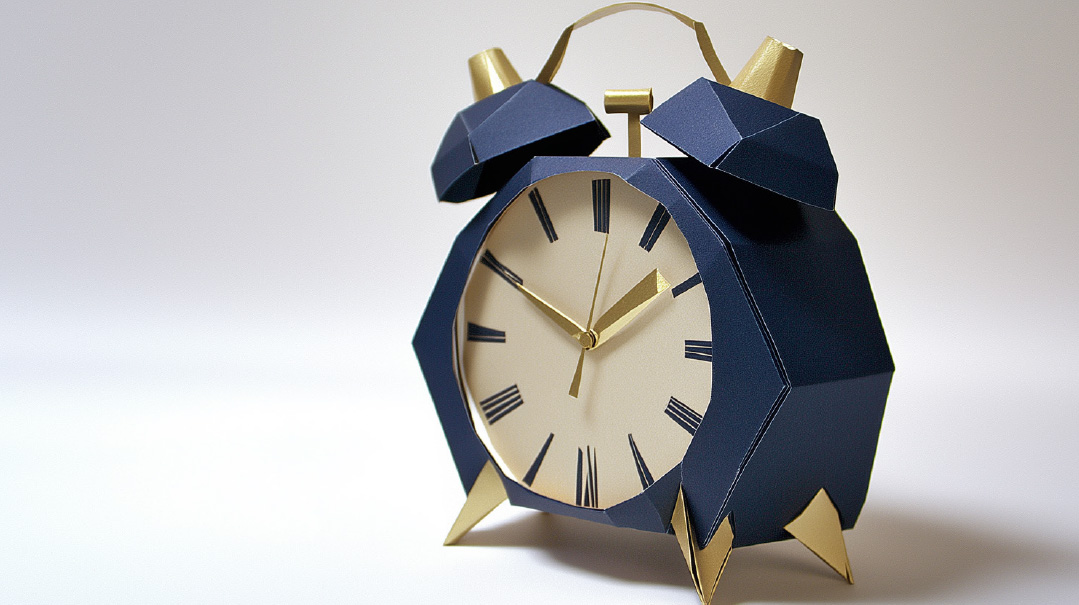Wakeup Call
| September 29, 2024Three women share their wakeup call

Sometimes there's a moment that changes everything: a moment of blinding realization that forever changes your worldview, that forever changes you. Three women share their wakeup call.
Who Am I?
Elisheva Appel
The first thing I noticed when I regained consciousness was the heat. So much heat. Without knowing how I knew, I was sure that it wasn’t supposed to be so hot.
When I opened my eyes, I saw the glass. Splintered. Everywhere. Right, my subconscious said. It’s hot because it’s July and there’s no more windshield or windows or air conditioning. I still couldn’t remember my name. I still couldn’t remember how many kids I had in the backseat, though dimly I realized that the crying must mean they were alive. I didn’t yet register the smoking hood or the Hatzalah guys trying to extricate us. But I felt one thing instinctively. Nothing is ever going to be the same.
I was wrong, baruch Hashem. A lot of things were the same. My kids, who were miraculously nearly unscathed, still whined and fought, woke up at night, wanted meals, snacks, and baths, and clean diapers. The only major difference in their lives was me. More specifically, my right arm, whose bone was in several more fragments than the way G-d created it.
I was lucky, the orthopedist said. Besides being alive — astonishing, according to the first responders who saw what remained of my van — I had a great prognosis and didn’t need surgery for my shattered humerus. It would heal on its own, he assured me, in six to eight weeks. In hindsight, I’m glad I didn’t realize how mistaken he was. In fact, it took six months for the bones to knit, at which point I was cleared to begin physical therapy, a grueling process of retraining atrophied muscle.
Oops! We could not locate your form.






